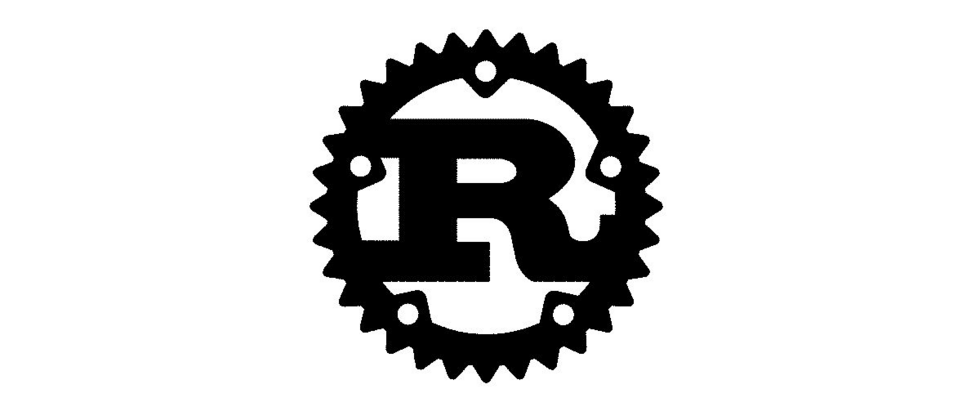Recently, Rust released the results of the 2021 survey, which was launched in December 2021 and based on the cumulative statistics of 9,354 questionnaires.
global community
The Rust community continues to grow and the survey has an all-time high number of full survey responses (9,354 respondents), which is about 1,500 more than last year's total.
Ninety percent of respondents said they still use Rust, while 5% said they used Rust in the past but don't anymore, and 4% said they didn't use Rust at all. There are 10 language versions of this survey, of which 78% are in English, followed by Simplified Chinese (6%), German (4%) and French (3%). Although the majority of respondents chose the English-language questionnaire, it included respondents from all over the world, with the United States accounting for 24%, followed by Germany (12%), China (7%) and the United Kingdom (6%).
However, English is not the preferred language of all Rustaceans, with nearly 7% of respondents saying they would be reluctant to use English as the language of technical communication, and another 23% preferring a language other than English.
The most common preferred languages (besides English) roughly follow where Rustaceans live, with Simplified Chinese, German and French rounding out the top 3.
Rust usage
The share of Rust users continues to rise, with 81% currently using it at least weekly, compared to 72% in last year's survey.
75% of Rust users said they would use Rust to write production-ready code, although 27% thought it would be difficult to do so.
Overall, Rustaceans seem to enjoy writing Rust, with only 1% saying it's not fun to use and another quarter of respondents saying Rust has no real advantage over other programming languages.
Will you use Rust at work?
For many Rustaceans, adopting Rust at work seems like a long but worthwhile road.
First, 83% of respondents who use Rust at work consider it "challenging." While using it, only 13% of respondents felt Rust slowed down their team's development, while 82% said Rust helped their team achieve their development goals.
When respondents were asked if their teams would use Rust again in the future, 90% said yes. Finally, 89% of respondents who use Rust at work say their team finds programming in Rust fun.
As for why respondents use Rust at work, the top answer was that Rust helps users "build relatively correct and bug-free software," at 96%. Performance (92%) was the other most popular choice, and 89% of respondents said they chose Rust for their work because of its security properties.
future challenges
Overall, the annual survey shows that the Rustaceans community is growing healthily, but it also exposes some problems. Compile time is a key area for Rust to improve, with 61% of respondents saying they need to fix compile times as soon as possible.
To its credit, 61% of respondents felt Rust's performance improved significantly over the year. Other areas for improvement are disk space (45%), debugging (40%) and GUI development (56%).
Through continuous citations and improvements to various tools (such as rust-analyzer, IntelliJ Rust, etc.), the IDE experience received the award for the most improvement with 56% of respondents.
However, it was the compiler error messages that received the most praise, with 90% of respondents in their current state. When respondents were asked what their concerns were about Rust's future development, the top answer was concern about its underuse in the industry (38%).
The second-largest answer was fear that the Rust language would become too complex (33%), in contrast to the small number of respondents asking Rust to provide additional functionality (especially those that haven't yet made it into the pipeline).
Finally, the third biggest concern is that Rust practitioners are concerned about the lack of strong support for the healthy development of the language and community (30%). But with the establishment of the Rust Foundation, this problem will hopefully be solved.
2021 is arguably one of the most important years in Rust’s history, and with the official launch of the Rust Foundation, the tech community in 2021 is much larger than ever, and Rust will continue to move firmly into the future.
Original report:
https://blog.rust-lang.org/2022/02/15/Rust-Survey-2021.html




**粗体** _斜体_ [链接](http://example.com) `代码` - 列表 > 引用。你还可以使用@来通知其他用户。